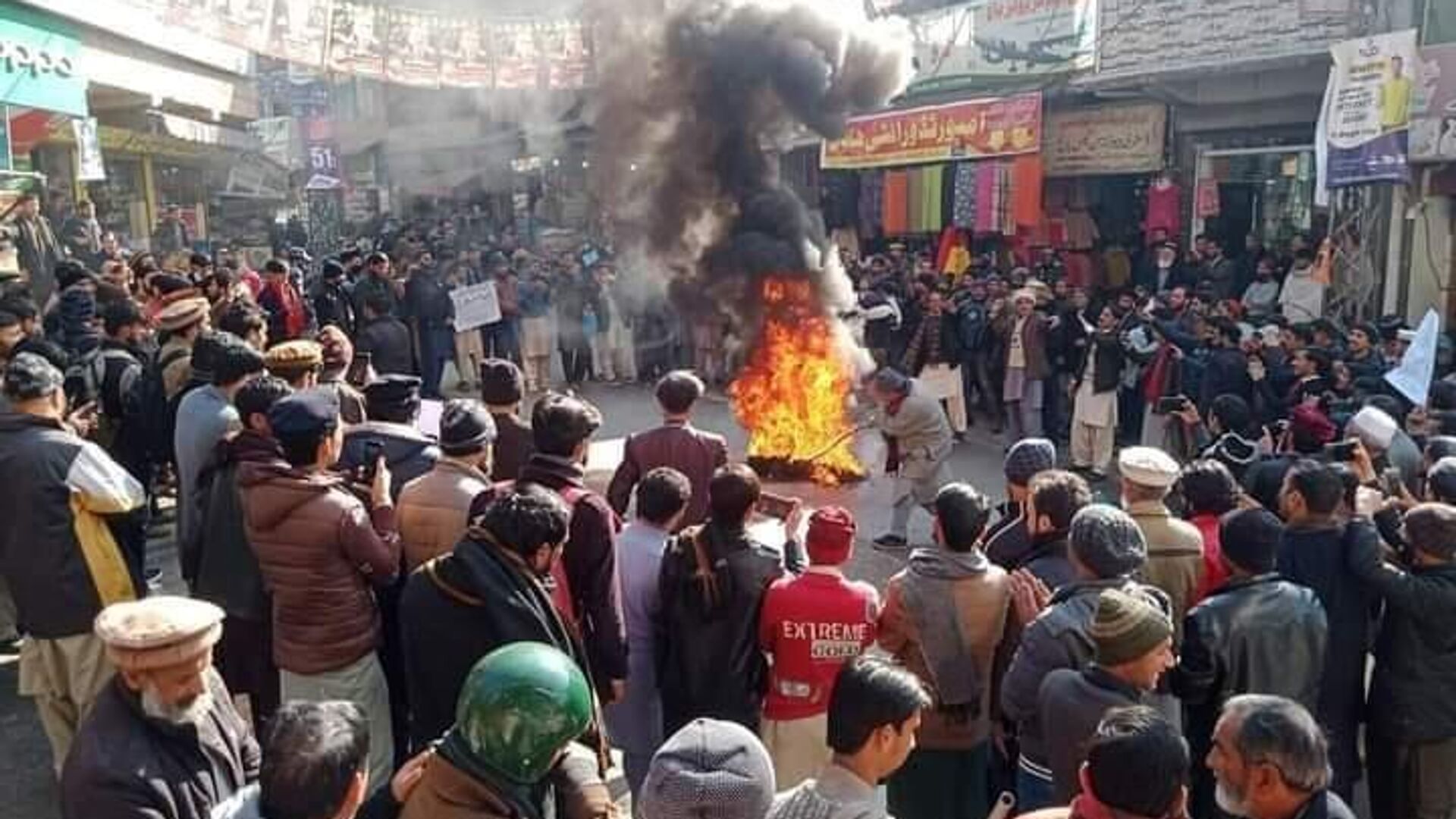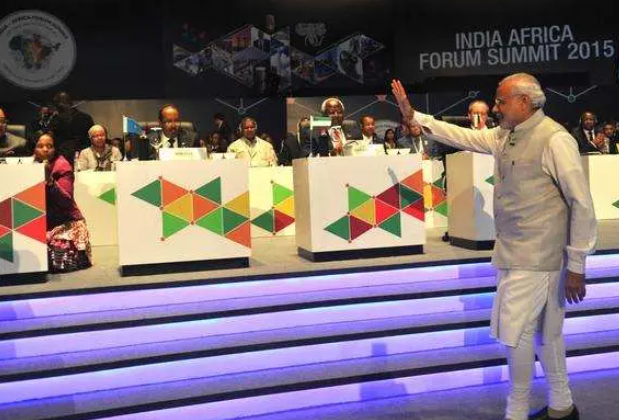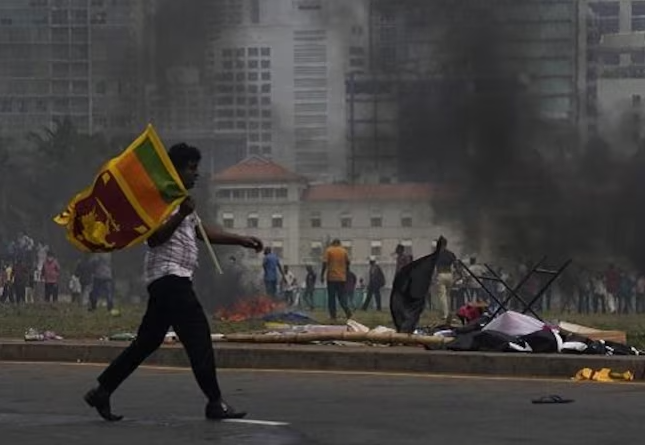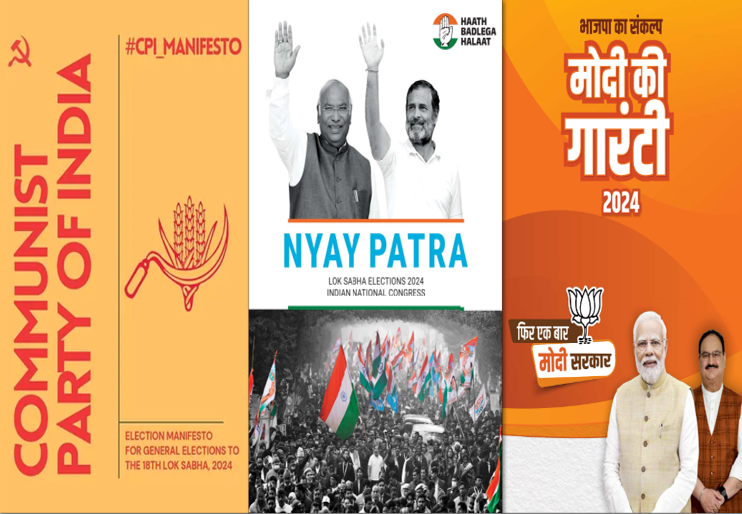Three Continuities, Three Shifts
India’s new government has to navigate the nation through a world in turmoil. Will its successful foreign policy continue? Or will there have to be shifts and changes to accommodate new realities?
 Courtesy:
Courtesy:
India’s new government has to navigate the nation through a world in turmoil. Will its successful foreign policy continue? Or will there have to be shifts and changes to accommodate new realities?
 Courtesy:
Courtesy:
Recent changes in Belgian and EU tax law and regulation have resulted in some Antwerp-based Palanpuri Jain diamond traders shifting base to the newly booming Dubai diamond market. But Antwerp dominates the diamond business for this enterprising community, where 400 families continue to stay and use it as a gateway to the European market for diamonds cut and polished in Surat and Mumbai in India.
 Courtesy:
Courtesy:
Asian nations like Sri Lanka have seen a rush of Russian and Ukrainian tourists over the last two years. They discover salubrious climes and overstay their visas to start small businesses. It has helped Sri Lanka boost tourism after its 2022 debt default but also created economic problems for locals. It is necessary to identify trade-offs between economic benefits and security threats associated with extended-stay tourism.
 Courtesy: Sputnik India
Courtesy: Sputnik India
Pakistan’s peripheral regions have long been treated as colonies to benefit the Punjabi core. This neglect is facing a vigorous pushback, in the form of peaceful protests and violent resistance. The economic crisis has exacerbated tensions in Baluchistan, Khyber Pakhtunkhwa and Gilgit-Baltistan, which remain poor despite abundant natural resources.
 Courtesy:
Courtesy:
The burgeoning of international students in Australian private and state universities are a source of consternation and contention for Canberra. Though student visas are misused, specific skilled migrants are still needed, and the fees paid by these students fund essential university research. Regulators are clamping down hard, but once again, students will bear the brunt.
 Courtesy: Economy
Courtesy: Economy
The long-delayed Iran-Pakistan pipeline has put Pakistan in yet another bind of its own making. Abandoning the project will expose it to Iranian penalties, while completing it will violate the sanctions imposed by the U.S., its financial benefactor, and its other patron Saudi Arabia which competes with Iran for West Asian leadership.
 Courtesy: Business Insider India
Courtesy: Business Insider India
Since 2014, India has been deliberate in its efforts to build stronger ties across Africa. It is characterised by high-level visits, increased diplomatic presence and the integration of the African Union into the G20. The continent’s significance will only grow. India must continue to deepen cooperation across the political, security, economic, and socio-cultural domains and promote Africa’s interests.
 Courtesy: Business Standard
Courtesy: Business Standard
In April 2022, Sri Lanka defaulted on its foreign debts kicking off its worst economic downturn in over 70 years. In a paper for the Institute of South Asian Studies, Ganeshan Wignaraja examines key policy, the benefits of IMF support, and the role that Indian aid has played in Sri Lanka’s recovery while emphasising potential risks of its upcoming presidential and parliamentary elections.
 Courtesy: Business Standard
Courtesy: Business Standard
As 960 million Indians set out to cast their votes in the on-going electoral fray, a good number will be concerned with India’s global image and policy, now more front-and-centre than ever before. The contesting political parties have differing views of how India should engage internationally. How will these resonate with the vast electorate? The foreign policy agendas in the various party manifestos are worth assessing.
 Courtesy: The Times of Israel
Courtesy: The Times of Israel
Grey zones have blurred the frontiers of conflict and peace worldwide, creating ambiguous wars of complex scenarios and labyrinths that have transformed strategic foresight and the international and national security landscape. In these arenas, multiple options are available, where regional powers' ascertainments converge with the poker game of political, diplomatic, economic, and military interests, as well as the operations of state and non-state actors.